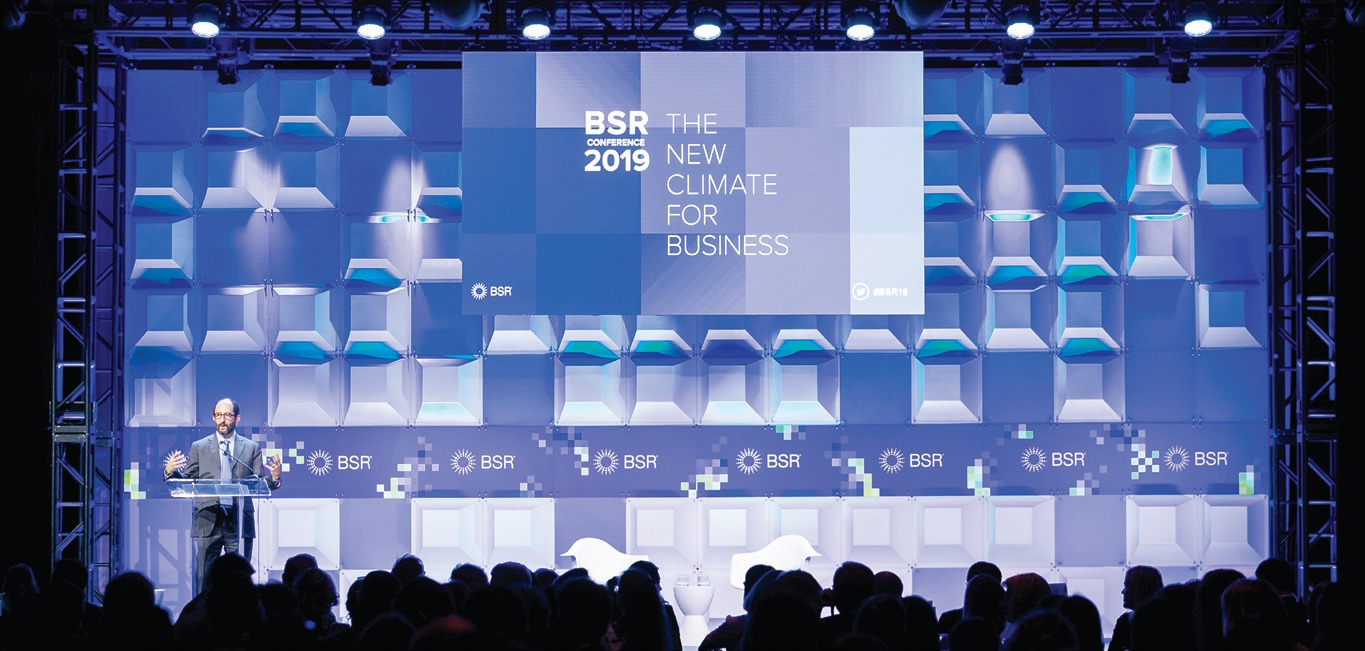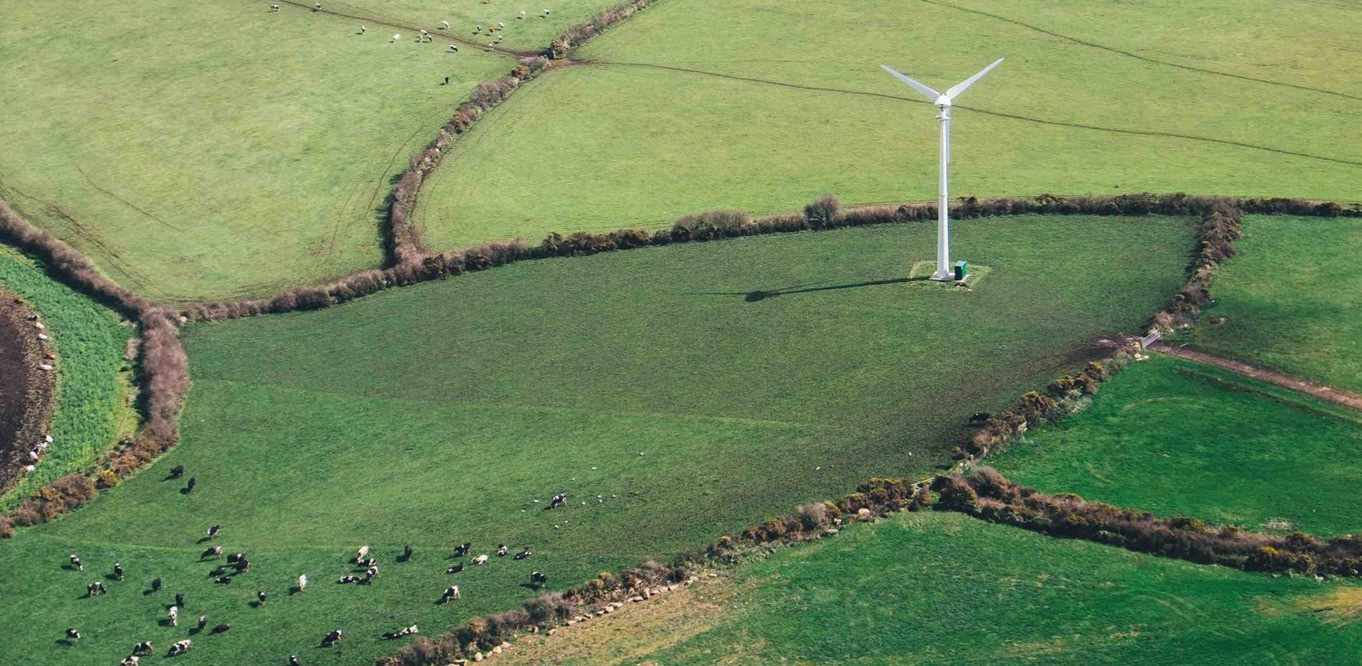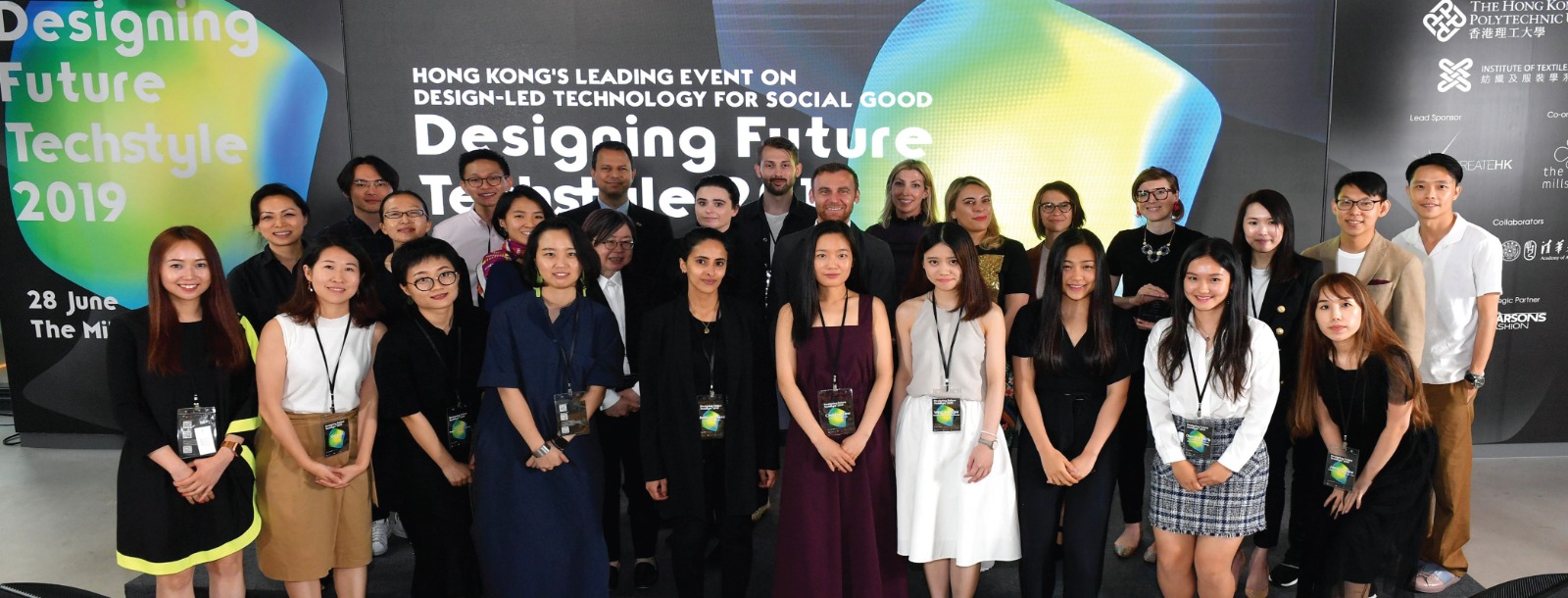THE IMPACT ISSUE
Summer 2020
The last 12 months have been a turbulent and challenging time for us all; the historic heatwave that hit Europe last summer, Australia’s raging wildfires and the deadly COVID-19 pandemic that has spread across the world, not to mention the scarcity of medical resources, political disputes, and global economic recession. All of which may well be a signal from the planet telling us to rethink humanity’s actions.
DOWNLOAD WHOLE ISSUE

00
Impact Investment: An Emerging Paradigm Balancing Profit and Purpose
Having a profitable and sustainable business has always been a challenge deterring some decision makers from changing the practices that they have become accustomed to. In the last few decades, corporate social responsibility (CSR) has been the only way to demonstrate that a business contributes to the wellbeing of communities and society, but often these social and environmental initiatives are misaligned with the company’s mission, purpose and values. However, there is evidence that the coexistence of profit and purpose is attainable as various NGOs have established frameworks that empower impact-driven businesses.
01
3 Organizations Leading the Way in Impact Measurement
As impact investment has become a prevailing paradigm in the business world, a standardized framework for measuring just how much impact businesses have created is much-needed to encourage improvements and safeguard stakeholders’ interests. In this feature, we introduce three third-party organizations that provide consultancy or certification services alongside the impact measurement tools that they have developed. Although the methodologies behind these tools differ, they share the same united mission of empowering impact businesses to address social and environmental challenges.

02
Sustainable Apparel Coalition's Higg Index: An Impact Measurement Tool Dedicated to the Apparel Industry
Based in San Francisco, the Sustainable Apparel Coalition (SAC) has over 200 member companies from around the globe. SAC propels sustainable production through forging collaborations across brands, manufacturers, NGOs, policy makers and other industry leaders in the apparel industry. In addition, the NGO has developed the Higg Index which enables fashion brands, textile and apparel manufacturers to identify overlooked issues in their companies and measure related impact on the retail experience, production and manufacturing processes. Amina Razvi, the Executive Director of SAC, tells us more about SAC’s work and the mechanism of the Higg Index in this interview.
03
4 Enterprise Solutions
For Hassle-Free Impact Management
More NGOs and industry associations are adopting impact investment, inspiring a growing number of companies to build up an impact measurement framework within the organization. However, setting up an impact measurement department calls for a considerable amount of resources which may not be the most cost-effective option for cash-strapped startups or SMEs. Hence, these startups have developed data-driven solutions that enable businesses of different sizes and sectors to manage and monitor their environmental and societal impact more efficiently.


04
Open Call for Applicants
Techstyle for Social Good International Online Competition 2020
The Mills Fabrica is proud to present the “Techstyle For Social Good” international online competition 2020, in support of innovations merging technology and lifestyle that are making a positive impact on society and creating solutions for the greater good. This year, we cover a broader scope of lifestyle tech to include the field of food-related technology, in addition to fashion/textiles designs.
05
Upskilling for Impact in the Apparel Industry
The Apparel industry has been under intense scrutiny over the extent of its negative environmental impact, ever since the disputed allegation that fashion was the second most polluting industry in the world. Meanwhile, the industry has hardly fared better from an ethical standpoint, with regular scandals highlighting its failing ability to mitigate against the risks of forced labour, child labour, hazardous working conditions and general exploitation in its supply chains. Articles about brands’ sustainability initiatives, commitments or pledges have been flooding the news daily over the past 3 years, yet the prevalent business model of fast fashion remains lightly questioned, making traceability, transparency and accountability deeply rooted issues within the industry.


06
Interview with unspun
When Dissolvable Thread Meets Customized Jeans: One Step Closer to Closing the Loop
The Mills Fabrica’s incubatee, unspun, launched its collaboration with the Belgian innovative startup Resortecs last year, using Resortecs’ dissolvable stitching threads to sew jeans crafted specifically for each customer using unspun's proprietary 3D digital fit technology. The collaboration between these two startups combines two cutting-edge technologies and introduces an option for buying jeans that is one step closer to closing the loop. But how does this contribute to the circular economy? We interviewed the founders to talk us through the impact of this disruptive collaboration.
07
From Innovation to Commercialization: Collaborations Between Innovators and Brands
If innovators want to create change that will last, support from corporates and brands is required to bring innovations to the mass market. In this feature, we introduce four innovators who have successfully commercialized their solutions through spurring collaborations across brands.

- Impact Investment: An Emerging Paradigm Balancing Profit and Purpose
- 3 Organizations Leading the Way in Impact Measurement
- Sustainable Apparel Coalition's Higg Index: An Impact Measurement Tool Dedicated to the Apparel Industry
- 4 Enterprise Solutions: For Hassle-Free Impact Management
- Open Call for Applicants: Techstyle for Social Good International Online Competition 2020
- Upskilling for Impact in the Apparel Industry
- Interview with unspun: When Dissolvable Thread Meets Customized Jeans: One Step Closer to Closing the Loop
- From Innovation to Commercialization: Collaborations Between Innovators and Brands